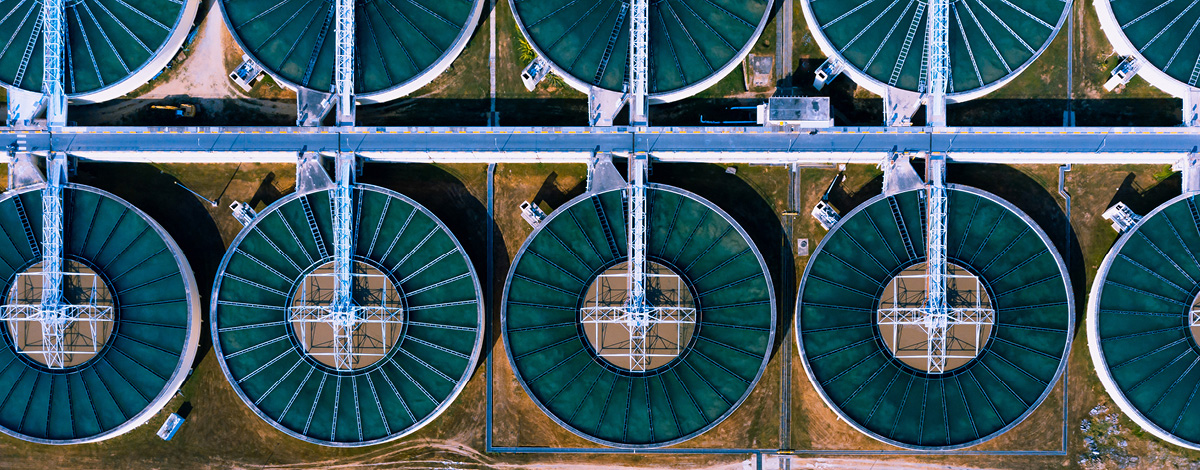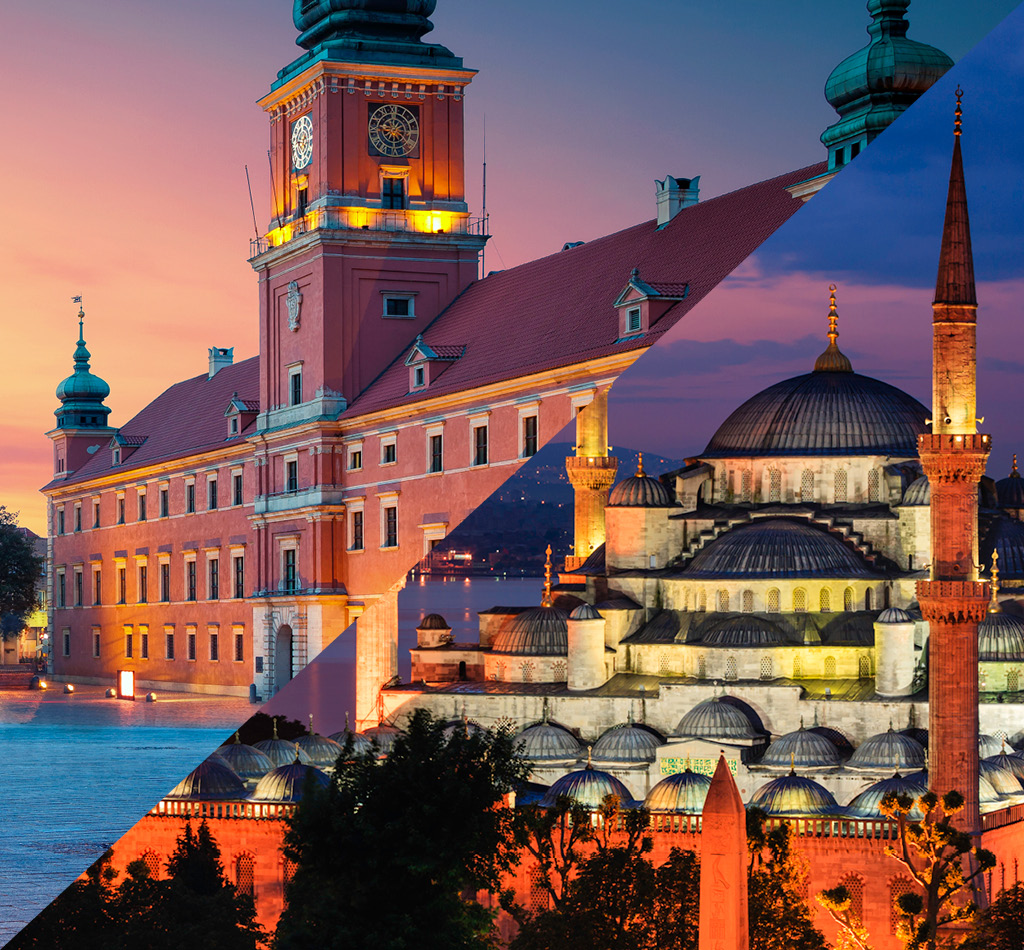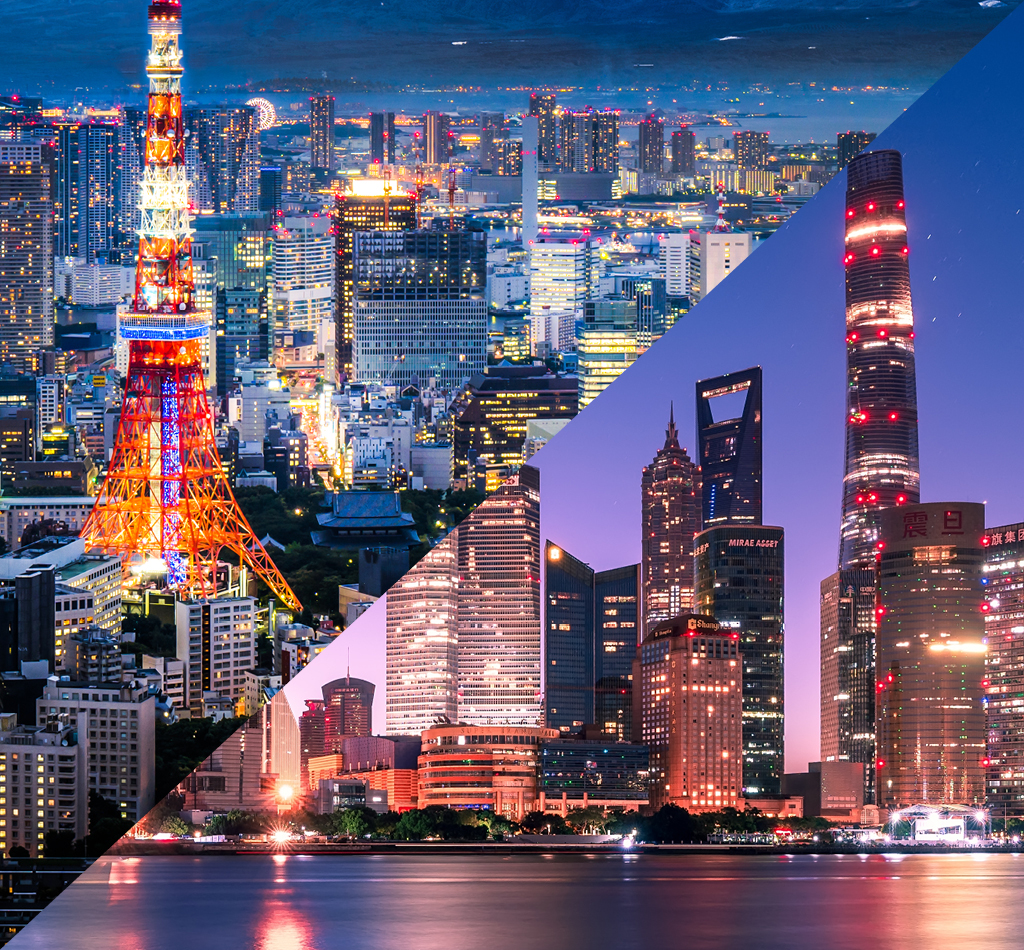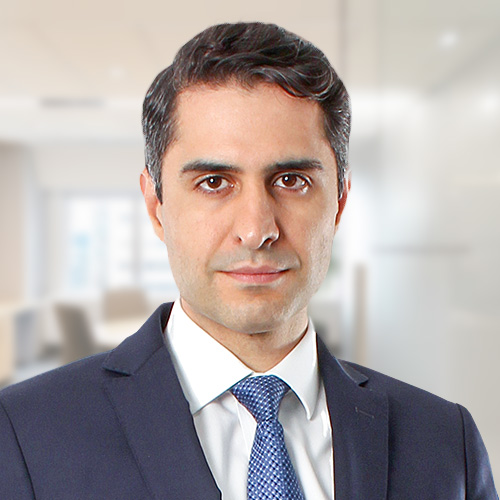Commentaires
Thirst for water sustainability
25 avril 2024

One of the 17 Sustainable Development Goals (SDG 6) established by United Nations (UN) is Clean Water and Sanitation, which aims to ensure the availability and sustainable management of water and sanitation for all.
The water crisis is unprecedented
In 2022, 2.2 billion people (27% of world’s population) lacked safely managed drinking water – meaning water that is accessible at home, available and safe. Additionally, 3.5 billion people lacked safely managed sanitation – meaning access to a toilet or latrine that leads to the treatment or safe disposal of excreta. Two billion people did not have access at home to a handwashing facility with soap and water. Demand for water has outpaced population growth due to urbanization and increasing water needs from agriculture, industry and the energy sector. Climate change has exacerbated water scarcity. According to the UN, global freshwater demand is predicted to exceed supply by 40% by 2030.
Water sustainability is complex
Water is at the core of sustainable development and critical for socioeconomic development, healthy ecosystems and human survival itself. Water sustainability refers to the availability of freshwater for human consumption and use in agriculture and industrial processes.
Substantial efforts are required from all stakeholders, including legal and regulatory measures, water pricing and funding. Investments are needed for both water infrastructure and technologies that result in healthier ecosystems, climate-resilient irrigation, improved water storage and higher water reuse rates.
Water investment opportunities are enormous
According to the World Bank, to meet the SDG 6 by 2030, investments must increase sixfold from the current level. Global investment in the water sector needs to exceed $1.37 trillion.
In the US, the Bipartisan Infrastructure Law, passed in 2021, delivers more than $50 billion to the Environmental Protection Agency (EPA) to improve the nation’s drinking water, wastewater and stormwater infrastructure – the single-largest investment in water that the federal government has ever made.
The European Investment Bank, one of the largest lenders to the global water sector, has invested more than €86 billion in over 1,700 projects, making water security and climate change adaptation a priority. In 2023 alone, it invested about €4.1 billion in the sector.
At Global Alpha, we invest in a few pure plays in water treatment and distribution.
Kurita Water Industries Ltd. (6370 JP)
Founded in 1949, Kurita Water is Japan’s largest industrial water treatment company, offering water treatment facilities, water treatment chemicals and maintenance services. It has over 20,000 customers in Japan. Overseas expansion is progressing well in the US and China, driven by favourable demand and the company’s excellent reputation.
Kurita Water is a technology-driven company with a strong intellectual property portfolio that boasts over 4,000 patents in various water treatment technologies. Core technologies include anticorrosion, dispersion (to absorb and disperse fine crystals in water to prevent them from sticking to the water system), agglomeration (to aggregate fine dirt particles and impurities in water into larger sized particles that are easier to treat), sterilization and antibacterial, biological treatment, adsorption (using activated carbon and other materials to adsorb and remove ions, organic matter and other impurities dissolved in water), deionization, membrane separation and surface treatment (for semiconductor and LCD manufacturing).
Metawater Co. Ltd. (9551 JP)
Formed in 2008 through the merger of the water environment divisions of NGK and Fuji Electric, Metawater is a leading engineering firm in Japan for water treatment, sewage treatment and waste treatment facilities. It is the first company in Japan to integrate machinery and electricity design in the water treatment field, to achieve optimal efficiency.
Most of Metawater’s customers are public entities. A growing number of its projects are based on Public-Private Partnership (PPP). In fact, Metawater has over 40% market share in such PPP projects in Japan. Outsourcing opportunities through PPP are huge. For example, among Japan’s 4,000 public water treatment plants, only 10% are outsourced. Among 2,000 public sewage treatment plants, only about half are outsourced.
Mueller Water Products (MWA US)
Founded in 1857, Mueller Water Products is a leading manufacturer of water infrastructure, flow control, metering and leak detection products in water and gas distribution networks in North America. Its main products are valves, hydrants, pipe fittings and ductile iron pipes.
The company has one of the largest installed bases of iron gate valves and fire hydrants in the US. The entry barrier is high due to the large switching cost for municipal customers. The business is very resilient, because about two-thirds of its sales are related to utilities repair and replacement.
Primo Water Corporation (PRMW US)
Founded in 1952, Primo Water is a leading North America-focused water solutions provider that operates largely under a recurring revenue model in the large format water category (defined as three gallons or greater). Its water dispensers are sold through approximately 10,800 retail locations and online. It offers water delivery services direct to customers. Customers can also exchange empty bottles at its recycling centres or refill at self-service stations. Primo Water not only provides high-quality water, but also helps reduce landfill waste. One five-gallon Primo Water bottle is sanitized up to 40 times and then recycled, saving over 1,500 single-serve bottles.
Zurn Elkay Water (ZWS US)
Zurn Elkay Water, founded in 1892, is another brand you might be familiar with. In 2022, Zurn Water Solutions and Elkay Manufacturing merged to form Zurn Elkay Water. While Zurn is strong in providing engineered water solutions mainly for the construction market, Elkay’s drinking water solutions include water fountains and the more popular water bottle fillers seen at airports, hospitals and schools. In 2023, two billion gallons of safe, clean filtered water were delivered by its filters, equivalent to the elimination of 18 billion single-use plastic water bottles. Elkay water filters have industry-leading standards and are certified to NSF/ANSI 42, 53 and 401 for the reduction of harmful contaminants, including lead, PFOA/PFOS, microplastics, cysts and Class I particulates.
Is water the new gold?
In Turkmenistan, where 80% of its land is desert, “A Drop of Water Is a Grain of Gold” is a national holiday observed annually on the first Sunday in April. It was established in 1995 to raise awareness about the nationwide water crisis and encourage the development of long-term sustainable solutions.
We believe the water sector presents significant and long-term investment opportunities due to increasingly favourable regulations and innovative new technologies.





